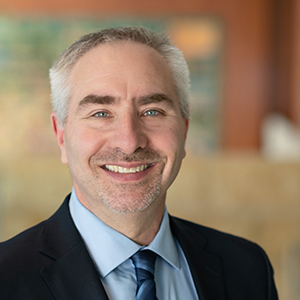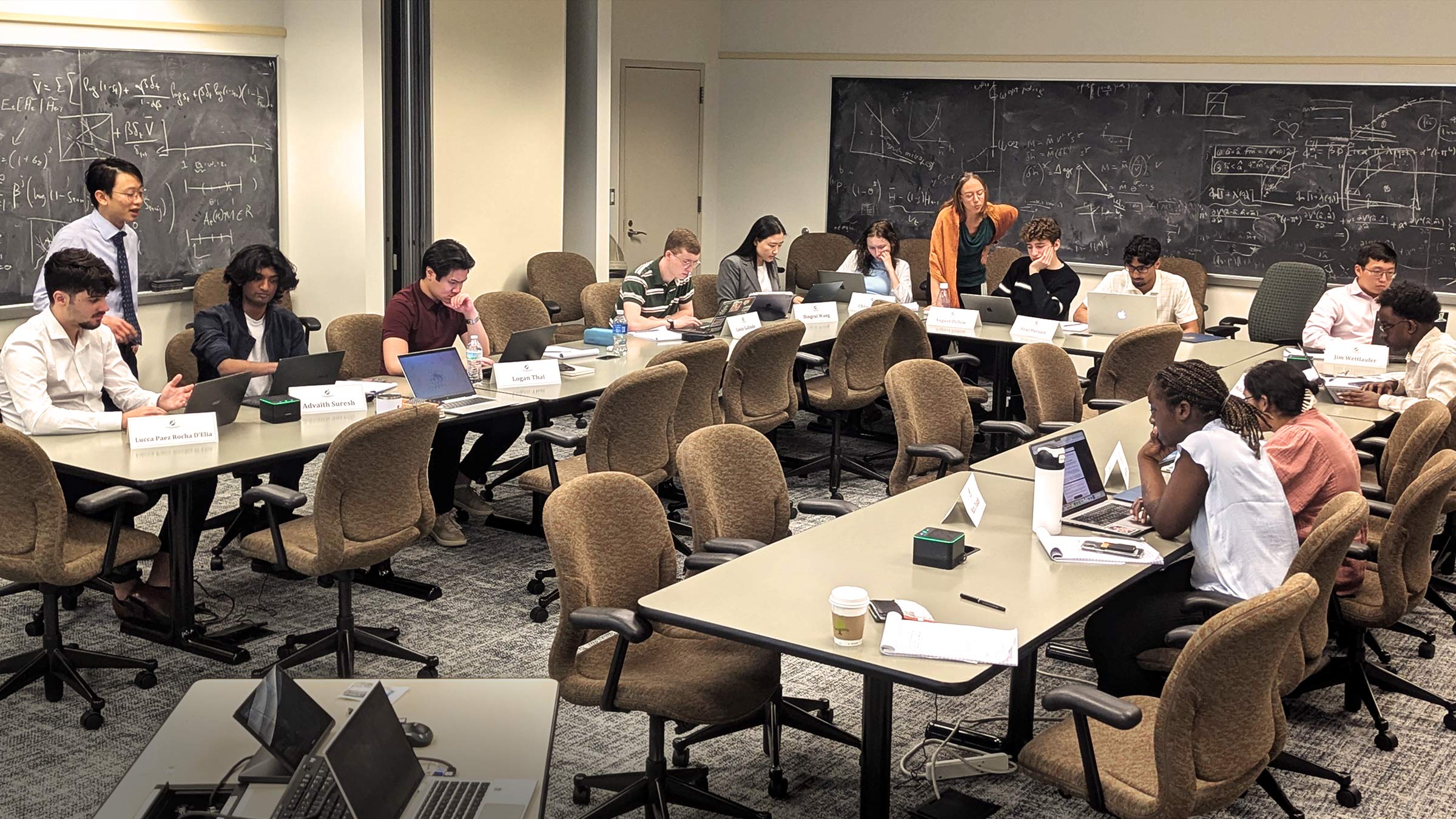I took a new job at the Minneapolis Fed on April 1 (yes, the Federal Reserve does have a sense of humor). I am now the chief operating officer, following Jim Lyon, who held the job for 17 years. Jim left the organization in great shape, and we are grateful for his many contributions.
In my final column, I will pass on three thoughts I am mulling over as I change roles. These observations are based on 10 years as head of Supervision and Regulation. I will try to keep these in mind for my next 10 years of work, and perhaps readers might find something of value as well.
The danger of the status quo; the power of diversity
I became the head of supervision as the financial crisis began. The Federal Reserve supervision function, like many others in the financial community, made some errors before the crisis began and surely as the crisis started to unfold. We should have required the largest banks to retain capital as things went south. We should have restricted smaller banks from loading up on commercial real estate funded by noncore money. We missed other specific risks that Fed-supervised banks took on. And we have had misses, of much less import, since then. There are many reasons why we did not act and, of course, hindsight is perfect.
But we should determine what underlying factors led to these bad outcomes, some of which were very bad. In my view, a failure to have a wide enough range of views informing our decisions was a primary factor. For example, some of our supervisory practices regarded as absolutely fundamental not long after the crisis were viewed as not worthy of serious consideration before it. We often focused on using one analytical framework for finding risks, when relatively simple alternatives would have really helped.
We need to strengthen an ability to foster a wide range of options and be willing to approve ideas that were outside the box historically. There are many ways to achieve that outcome, but having a diverse set of individuals provide input to decisions seems like a strong approach. Getting more input for important decisions is costly and can slow us down. Avoiding rare but catastrophic outcomes makes a little sand in the gears worthwhile, however.
Prioritize communication
Often communication is the last thing considered in a major project or change effort. The exact opposite should occur. I wish I had made communication a higher priority in almost everything we did. The substance of what we have tried to achieve over the past 10 years in the Federal Reserve System and at the Minneapolis Fed has been of top quality. At a minimum, we have worked very hard to improve outcomes for the public. We have not always hit the mark, however, in explaining what we are trying to do and how our actions, particularly new ones, will work in practice. When we have communicated effectively, the underlying efforts have had a much higher chance of success.
Assume good will
My experience working with bankers, trade associations and professional service firms has been quite positive. I wish the public at large could routinely see how hard these professionals work on behalf of their firms, families, customers and communities. And the same is true for bank supervisors, who are committed to improving public welfare and acting in the public interest. Conflicts naturally arise between supervisors and bankers, given the different roles they play. While each case differs, I have seen many of these conflicts escalate when there is a lack of trust in the underlying motivation between the parties. But, as noted, I think the motivations of each party are actually quite honorable. Coming into interactions with a sense of mutual respect, even for possible adversaries, has been an effective way to get positive results that benefit all parties.
Anyone who knows me recognizes that I could go on and on with a column like this, which is why I am limiting myself to three lessons learned. Before I go, I do want to add to my list of lessons the value I have received from having great colleagues. I want to highlight one of them, Christine Gaffney, who will assume my prior role. She is a multitalented veteran leader in our Supervision, Regulation and Credit group who knows the District and will do a great job. I know she is looking forward to introducing herself. Please keep in touch with me at Ron.Feldman@mpls.frb.org.




